While today’s lesson will cover only four words and their variations, these are crucial, everyday words that are commonly used in the wrong context. Let’s make it easier!
Contents:
Affect and Effect
This one can be tricky, so it’s no surprise that these are often seen incorrectly. Let’s break it down.
Affect: Affect is usually used as a verb and frequently has endings associated with it:
- Apply an icepack to the affected area
- How is your new job affecting your work-life balance?
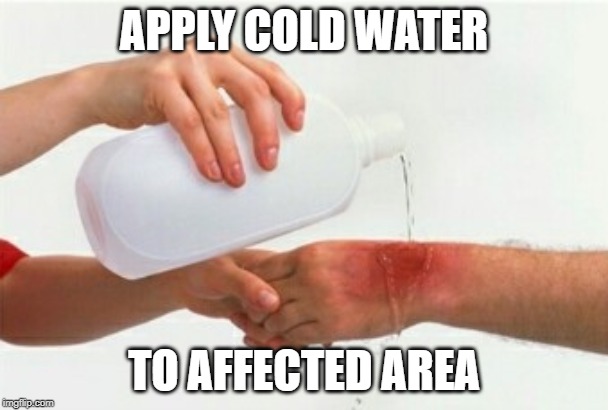
As affect is a verb (a doing word), think of it that something is affecting something else:
- Food being left out in the open affects everyone in different ways
- Climate change will continue to affect us in 2020.
Even though that last one doesn’t have an ending attached to it, it’s still being used as a verb: something affecting something else. We’ll see more examples of other words that do this in future posts.
Effect: Effect is a noun and is usually all on its own with no endings attached to it, preceded by the word ‘the’ (or ‘an’):
- The effect of global warming
- Her rejection of him asking her out on a date had a devastating effect on him.
Effect can also be made plural:
- The special effects in the latest Star Wars instalment were awesome!
- My medicine causes side effects and I fall asleep at random, even while watching Star Wars.
Let’s use a sentence which contains both forms of affect:
The effect of modern technology has drastically affected the way we think.
The first one is a noun (the effect), so we know it must be effect. The second one has an ending on it (-ed), so we know it must be affect as it’s being used as a verb.
Let’s look at a sentence and think of a way to switch it round to use the opposite word:
How will the price of shares affect the stock market?
In this case, affect is a doing word (the price of shares is doing something to the stock market).
Now for the switch:
The price of shares will have an effect on the stock market.
An effect. So we know effect is a noun. If you see the word by itself and you can put ‘an’ or ‘the’ in front of it, it’s gonna be effect. An affect of these changes? No; an effect!
The only time I can think of where effect has an ending attached to it is in the word ‘effective’:
- In Game of Thrones, Qyburn made a very effective killing machine
- As a result of stealing company funds, Milton was fired, effective immediately.
Lastly, remember that the phrase ‘take effect’ is not ‘take affect’. While effect is not preceded by ‘the’ or ‘an’, what this phrase means is that something will have an effect on something, therefore the phrase is ‘take effect’. This is the same as ‘words to that effect’ as effect in this instance is acting as a noun and not as a verb.
Phew! Not gonna lie; that one ended up being longer than I anticipated!
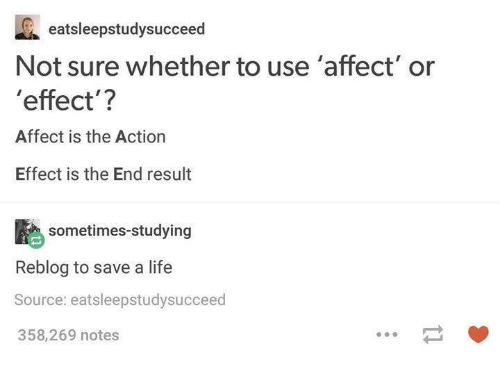
Further reading – exceptions
If what you’ve just read was sufficient information for you and you’re at the point of bamboozlement, skip ahead to Accept and Except. If you want to see two rare exceptions for Affect and Effect however, read this section.
Affect can also be uses as a noun, but it’s a very rare use case, used in psychology contexts. It refers to how a person is presenting and behaving (e.g. facial expressions, posture, gestures) in terms of their emotions:
- The doctor observed the patient’s affect
- When playing poker, it’s advised to have a flat affect and not show any emotion.
On the contrary, Effect can also be used as a verb! It’s used in formal settings and means to implement something:
- Management are trying hard to effect a new Working from home policy
- As a result of global protests, the government effected new climate control laws.
Tip: replace the ‘effect’ with ‘implement’:
- Management are trying to
effectimplement … - The government
effectimplemented …
Accept and Except
The confusion here is that both words sound the same, but are almost the opposite in terms of meaning!
Accept: This is a verb and usually means ‘to receive’, but it can also mean ‘to agree/admit’. Let’s look at three examples of each:
- I accept your gift with pleasure
- I accept your apology for blowing me off the other day
- My manager accepted my resignation.
- I accept that it was my fault for getting us lost
- The Evil Queen accepts the fact that no one is more beautiful than she is
- She finally accepted my point of view after I told her six times.
Except can be used in a few ways, but it generally means ‘excluding’ or ‘with the exception of’. Let’s look at the different ways:
As a preposition, it means ‘excluding’ or ‘apart from’:
- I like all kinds of chocolate except dark chocolate
- He knew everyone at the party except for one person.
As a conjunction, it means ‘other than’ or ‘but’:
- I would come to your party except I have something else on that night
- He never calls except to borrow money.
Except is less commonly used as a verb but when it is, it means ‘to leave out/exclude’:
- Keep out. Staff excepted
- You are excepted from this rule.
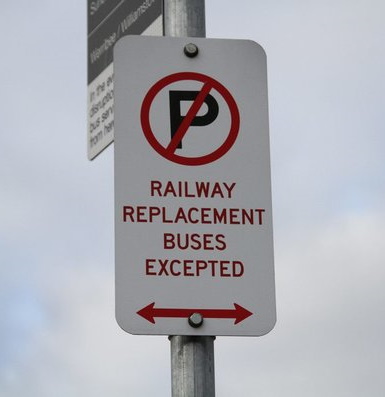
You will frequently see except used as a verb on street/parking signs. This sign is saying that no one can park here, except for railway replacement buses.
Can you see how these two words are practically opposites? In some situations, using the wrong word will mean your sentence has the opposite meaning of what was intended. Let’s look at two incorrect examples before wrapping up:
- This machine excepts $2 coins only
- I except your offer
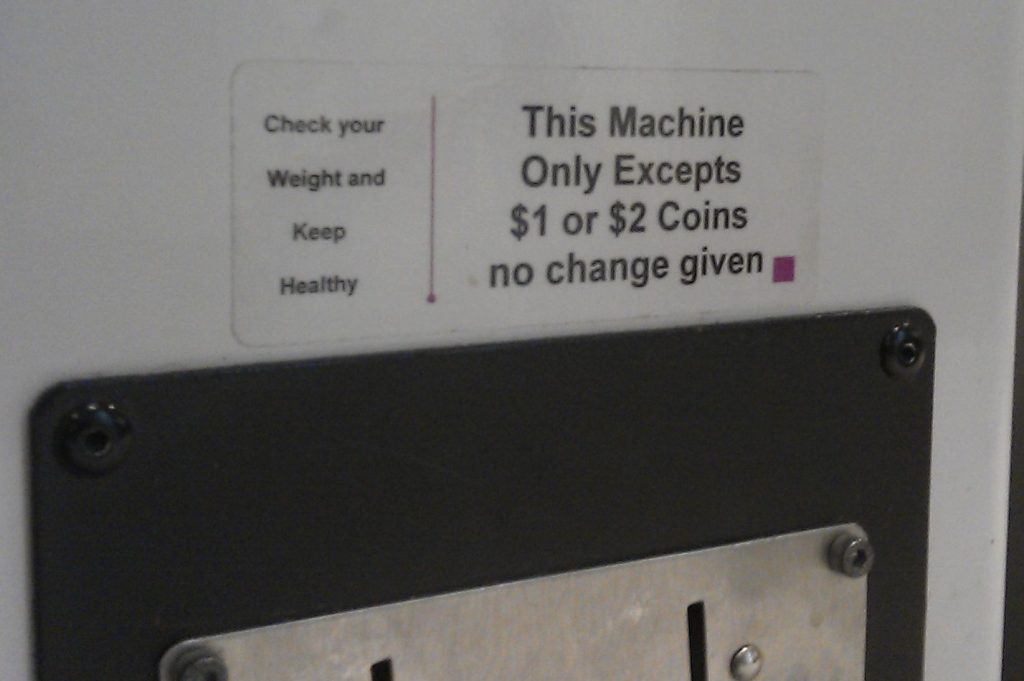
Tip: The ex- of except can help you to remember that it means ‘excluding’.
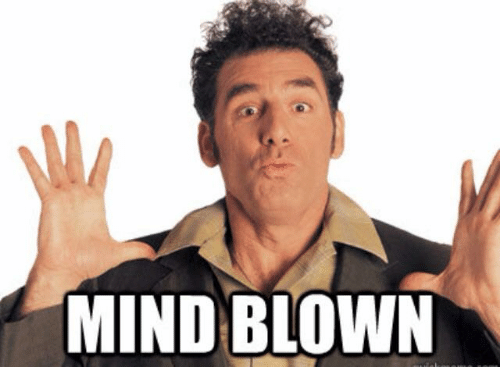
Then and Than
This is another very easy one to get right. Don’t be one of those people who use Then for everything.
Then: We use Then when referring to time or a sequence of events. One example of each:
- We were young back then
- I brushed my teeth and then I went to school.
Than: We use Than when we are comparing things:
- My bag is bigger than yours
- That guy in the corner got seen by the doctor before me, even though I was waiting way longer than him.
If ever you get confused, try replacing the word then or than with ‘compared to’. If it works, then than is the word you want (see what I did there?) If not, well then you must mean then!
‘My car is better compared to yours.’
Yeah, that works, so it must be ‘My car is better than yours’.
‘I went for a swim and compared to I went to work.’
This doesn’t make much sense. We must mean ‘I went for a swim and then I went to work’.
You probably wouldn’t expect Monash University to get this wrong would you?

Who’s and Whose
A very common mistake and I can see why as this used to confuse me all the time. Who’s means something belonging to who, right? Wrong! Hint: this topic is much the same as It’s and Its as we saw earlier and once you know the difference, you’ll wonder what on earth you were confused about!
Who’s is a contraction for ‘who is’ (or less frequently, ‘who has’):
- Who’s at the door? (Who is at the door?)
- Who’s that girl you were so obviously flirting with? (Who is that girl you were so obviously flirting with?)
- Who’s eaten my lunch that I left in the staff fridge? (Who has eaten my lunch that I left in the staff fridge?).
Whose means ‘belonging to whom’:
- Whose book is this?
- The boy at school whose brother was a kid genius
- The manager didn’t care whose fault it was; she just wanted this mess to be fixed before it blew up on social media.
If ever you’re still confused as to which word to use, replace the word with ‘who is’. If it works, use who’s. If it doesn’t, try ‘who has’ and if it works, still who’s! But if that doesn’t work, then whose it is! In the above examples, you will see that who’s will not work: (Who is book is this?; the manager didn’t care who is fault it was).
Guess what? Even I use this handy hint sometimes. Sometimes I absent-mindedly type the wrong word and think “Wait, who is? That’s not right. Delete delete delete.”
If you prefer illustrations, to the right is a great incorrect example. ‘Arguing over who is lawnmower is faster’. That doesn’t make sense. The lawnmowers are belonging to the two idiots, therefore we mean whose. It’s that simple!


